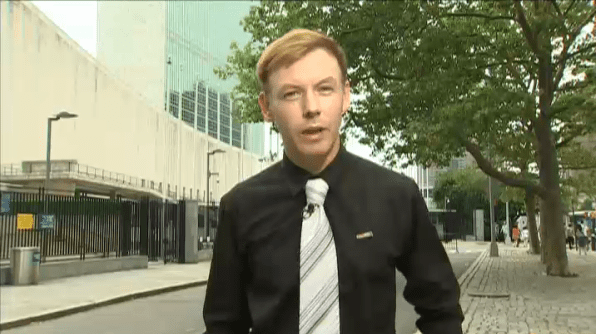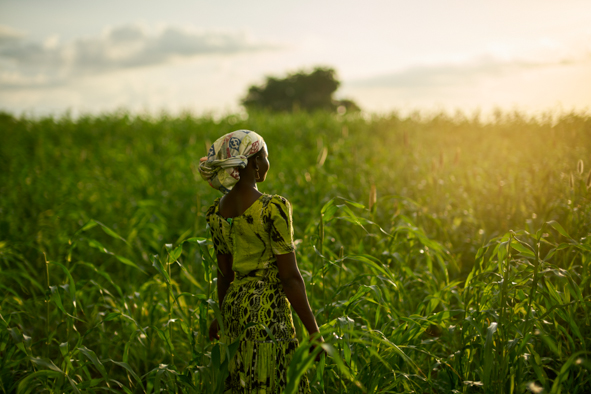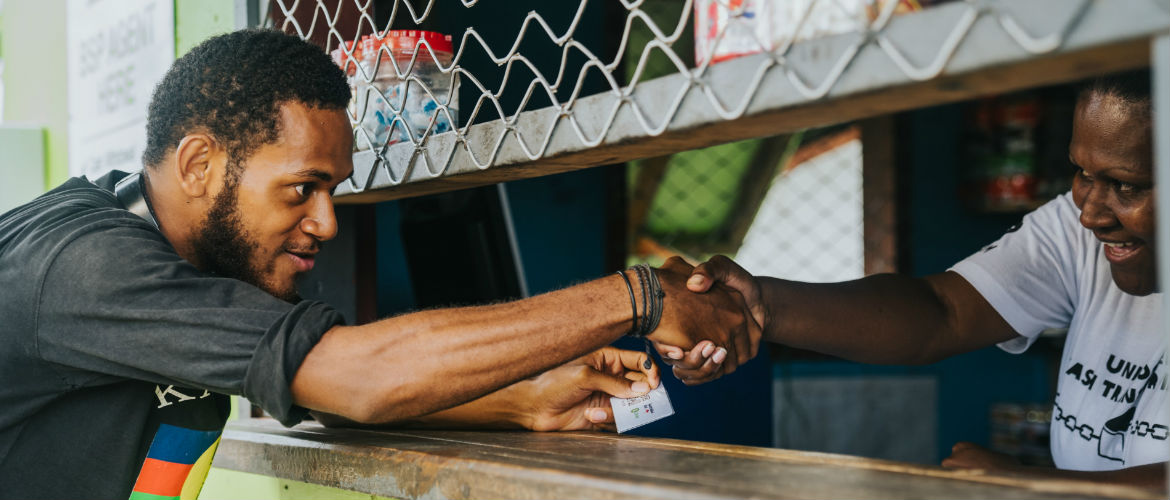David Grimason has been calling for tighter controls on the trade of weapons since his two-year-old son Alistair was killed during a gunfight in 2003.
The youngster was asleep in his pram when an argument broke out at a nearby table in a cafe in Turkey and a man opened fire, killing the toddler.
On the ninth anniversary of his son’s death, Mr Grimason will be at the United Nations in New York to push for tough, legally binding controls on the weapons trade.
It is the first time since Alistair died that Mr Grimason has not visited his child’s grave in East Kilbride, South Lanarkshire, on the anniversary of his death. But Mr Grimason said he had decided to campaign in New York instead, saying that lobbying for a strong treaty on the arms trade was “the biggest tribute I can give to Alistair”.
Mr Grimason, from East Kilbride, travelled to New York with Oxfam.
“What happened will never leave me. I think about Alistair every day – about what he would be like, what he would be doing – and never more so than today. Every year since Alistair was killed I have visited his grave in East Kilbride on the anniversary but, this year, I have taken the decision to be at the United Nations instead.
“I am here to campaign for the strongest possible arms trade treaty. I think doing everything I can to push for a legally binding deal is the biggest tribute I can give to Alistair.
“I hope by sharing what happened to Alistair, particularly on the anniversary of his death, will focus minds here on what they must deliver to try and prevent any more needless deaths.”


 Doris*, daughter, 5; Pamila*, 2. Christina grows maize and she was shown how to make compost as part of the CRAFS (Climate Resilient Agriculture and Food Systems) programme.
Doris*, daughter, 5; Pamila*, 2. Christina grows maize and she was shown how to make compost as part of the CRAFS (Climate Resilient Agriculture and Food Systems) programme.